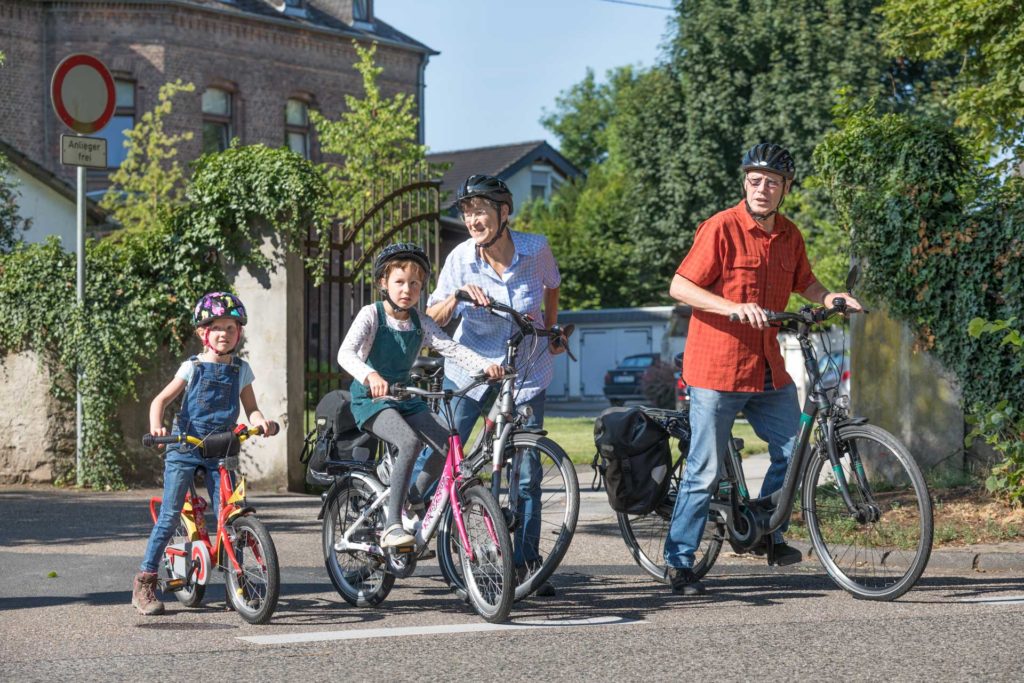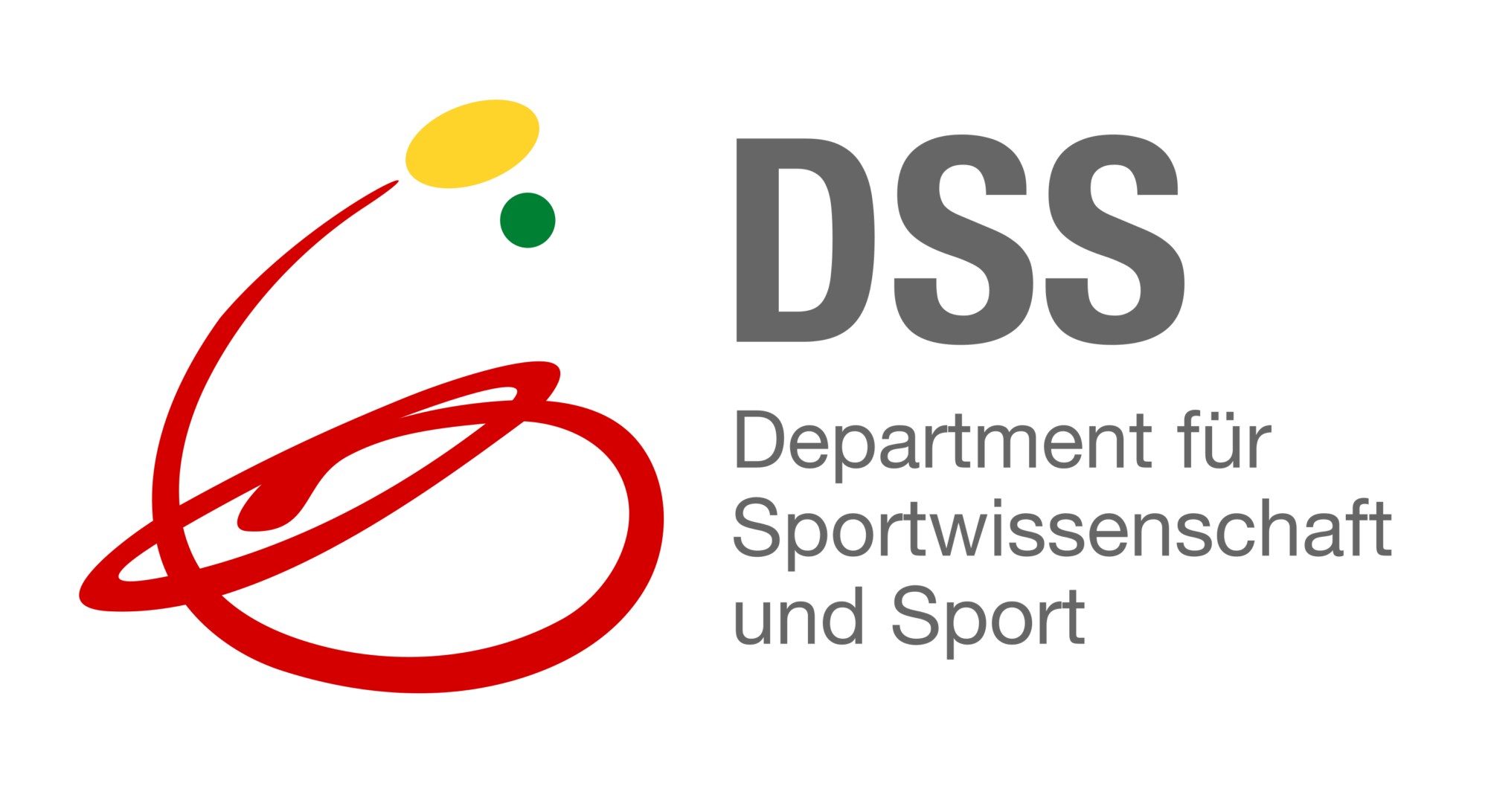Summary
Health promotion is understood as a “strategy” for social change towards better health for all. Certain structures of social practices persistently preserve health inequalities. By acting as “policy entrepreneurs,” researchers can orient and support a change of such structures towards health equity. At the same time, this enables researchers to co-produce new knowledge on these fundamental processes. Using a case example from the field of physical activity (PA) promotion in Germany, necessary conditions of policy entrepreneurship are described. We point out how “policy windows of opportunities” were identified and used by a group of researchers. The approach presented builds on an interactive-knowledge-to-action methodology systematically linking research practice with the practices of policymakers, professionals, and population groups. The case study indicates how research practice could bridge national policies and recommendations with the practices of local communities. It outlines how various stakeholders co-produced a conceptual framework for health promotion innovation and subsequently setting it into innovative practice in six German pilot communities. Finally, the challenges and achievements of the presented approach will be discussed.
Keywords
policy entrepreneurship; structural change; physical activity; national recommendations; health equity; cooperative planning





